Critical Developmental Disabilities Infrastructure is at Risk
Contact Congress: Critical Disability Services Are at Risk
Thank you for your powerful advocacy throughout this challenging year. We know it can be discouraging at times, but please remember: your voice is making a difference. Every story you share, every call you make, and every message you send reminds Congress that people with disabilities and their families are paying attention.
Because of you, lawmakers know we are watching—and they are feeling the pressure.
Congress is back in session after the August recess, and they are now making decisions about next year’s federal budget. The stakes could not be higher for people with disabilities and their families.
Federal Disability Programs on the Chopping Block
Key programs under the Developmental Disabilities Assistance and Bill of Rights Act (DD Act) are at risk, including:
- State Councils on Developmental Disabilities (DD Councils)
- Protection & Advocacy (P&A) Systems
- University Centers for Excellence in Developmental Disabilities (UCEDDs)
- National Technical Assistance and Training Network
These programs:
- Support inclusive education, employment, and community living.
- Fund research and data on disability issues.
- Train providers, families, and self-advocates to improve outcomes nationwide.
- Defend rights, prevent abuse, and promote inclusion through advocacy and innovation.
Without them, the health, safety, and future of people with disabilities in every state would be at risk.
What’s Happening in Congress
- The Senate has advanced a budget that keeps these programs “flat funded”—holding them at current levels, despite growing demand and rising costs.
- The House is still debating its budget, but reports indicate they are considering deep cuts that could dismantle or entirely eliminate these programs.
Threats to Inclusive Education
Congress is also weighing proposals that would weaken the Individuals with Disabilities Education Act (IDEA) by merging key funding streams into a block grant. This dangerous move could:
- Cut funding for preschool services for children with disabilities.
- Reduce the pipeline of special education teachers, counselors, therapists, and paraprofessionals.
- Strip schools of resources they need to support students with disabilities.
Take Action Now
We need a federal budget that invests in people with disabilities—not one that dismantles 50 years of hard-won progress.
Tell your Members of Congress to:
- Reject harmful cuts
- Fully fund the DD Act and IDEA
- Protect the rights, education, and inclusion of people with disabilities in every community
Send a message to Congress today: Protect disability services. Fund our future.
Act Now!
State-Level Challenges Ahead
Washington State legislators are already bracing for a difficult session, with pressure mounting from anticipated cuts to Medicaid, SNAP, and other essential programs. Additional budget challenges are looming:
- On September 23, the next State Revenue Forecast will be released. Early signs suggest a “down” forecast—making cuts even more likely.
- On September 4, Governor Ferguson announced that new federal tariffs are projected to cause $2.2 billion in lost revenue over the next four years.
- Nationwide, The Arc of the U.S. is tracking troubling trends: states are already implementing 3% average cuts to Home and Community-Based Services (HCBS) and 8–10% cuts to Intermediate Care Facilities (ICFs).
With Washington’s legislative session beginning in January, we will need all hands on deck to defend critical disability services and supports.
How you can prepare:
Stay tuned for upcoming advocacy webinars in December that will give you the tools and strategies to make your voice heard when it matters most.
Together, we can ensure people with disabilities have the services and support they need to thrive.
In community,
Cathy Murahashi
Public Policy Specialist






